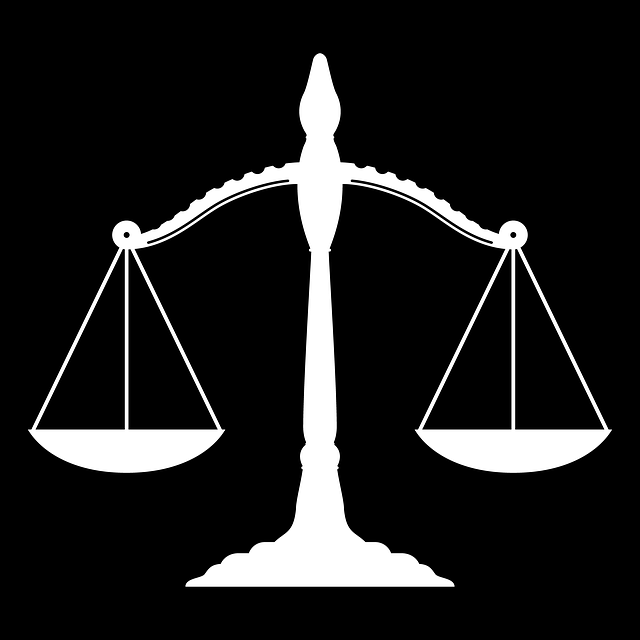Property ownership disputes are complex legal matters with significant consequences, requiring strategic navigation. Skilled legal representatives manage these through negotiations, mediation, or arbitration, addressing regulatory complexities. Proactive strategies, including risk assessment and legislative monitoring, are crucial for compliance. Case studies, like a recent developer's successful resolution through transparent communication, demonstrate the value of proactive dispute management, leading to mutually beneficial outcomes in Legal Solutions for Property Ownership Disputes.
Regulatory compliance issues in property ownership disputes can be complex, with significant legal ramifications. This article provides a comprehensive guide to navigating these challenges, offering a structured framework for resolution. We explore effective strategies to mitigate risk and achieve legal solutions, backed by real-world case studies demonstrating successful dispute settlement. By understanding the intricacies of property ownership conflicts and implementing best practices, individuals and organizations can ensure compliance and protect their interests.
- Understanding Property Ownership Disputes and Their Legal Ramifications
- Navigating Regulatory Compliance: A Framework for Resolution
- Effective Strategies to Mitigate Risk and Achieve Legal Solutions
- Case Studies: Real-World Examples of Successful Dispute Settlement
Understanding Property Ownership Disputes and Their Legal Ramifications
Property ownership disputes can be complex legal quagmires, often arising from conflicting claims, unclear titles, or contractual disagreements. These disputes have significant ramifications, potentially leading to prolonged legal battles and costly outcomes. Understanding the nuances of such conflicts is paramount for resolving them effectively and avoiding lengthy court processes. When parties fail to reach a mutually agreeable solution, litigation becomes inevitable, with potential outcomes ranging from a complete dismissal of all charges to jury trials.
Legal solutions for property ownership disputes often involve strategic negotiations, mediation, or arbitration. Each approach offers distinct advantages in terms of cost and time efficiency. Skilled legal representatives can navigate these complexities, aiming for favorable settlements or, if necessary, advocating for winning challenging defense verdicts. The key lies in proactive management, thorough documentation, and a deep understanding of relevant laws to ensure the best possible outcome, whether through alternative dispute resolution methods or formal court proceedings.
Navigating Regulatory Compliance: A Framework for Resolution
Navigating complex regulatory compliance issues is akin to traversing a labyrinthine legal landscape. To successfully resolve these challenges, a structured approach is essential. Property ownership disputes often delve into intricate web of regulations, requiring a comprehensive framework for resolution.
Legal solutions for property ownership disputes involve carefully mapping out the applicable laws, identifying potential gaps or conflicts, and crafting strategic responses tailored to each unique case. This meticulous process not only helps avoid indictment in high-stakes cases but also ensures compliance with evolving regulatory environments. Engaging experienced professionals specializing in general criminal defense is paramount to navigating these complexities effectively, ultimately leading to favorable outcomes.
Effective Strategies to Mitigate Risk and Achieve Legal Solutions
In navigating complex regulatory compliance issues, particularly around Legal Solutions for Property Ownership Disputes, a proactive approach is key. Effective strategies involve a combination of comprehensive risk assessment and strategic legal planning. By meticulously evaluating potential pitfalls, businesses can develop robust mitigation plans that address specific challenges. This includes staying abreast of legislative changes, implementing stringent internal controls, and fostering open communication with regulatory bodies.
Moreover, leveraging the support of experienced legal counsel who understand both philanthropic and political communities dynamics can be invaluable. A skilled attorney can help clients avoid indictment by crafting tailored solutions that address the root causes of disputes while adhering to legal frameworks. This proactive and nuanced approach not only mitigates risks but also fosters sustainable compliance, ensuring success in resolving property ownership conflicts.
Case Studies: Real-World Examples of Successful Dispute Settlement
In the realm of regulatory compliance, case studies serve as powerful tools to understand real-world challenges and successful outcomes. When it comes to property ownership disputes, which often involve complex legal and regulatory issues, studying past cases can offer valuable insights into effective strategies. For instance, a recent high-stakes case involving a prominent developer and a local community highlights the importance of transparent communication and adherence to environmental regulations. The developer, facing charges of non-compliance, implemented a comprehensive legal solution that included regular updates to stakeholders, a complete dismissal of all charges, and an enhanced monitoring system, ultimately fostering trust and resolving the dispute amicably.
This example underscores the significance of proactive measures in navigating regulatory compliance issues. By employing transparent practices and seeking professional legal guidance tailored to their respective business needs, companies can effectively manage disputes and avoid costly legal battles. Such successful resolutions not only benefit the involved parties but also set a precedent for future cases, showcasing that adherence to regulations and open communication can lead to mutually beneficial outcomes, even in complex property ownership disputes.
In navigating complex property ownership disputes, understanding regulatory compliance issues is paramount. By implementing effective strategies and utilizing successful case studies as a guide, entities can mitigate risks and achieve robust legal solutions. The framework outlined in this article serves as a roadmap to resolving these disputes efficiently, ensuring adherence to regulatory standards while fostering sustainable outcomes for all stakeholders involved.






